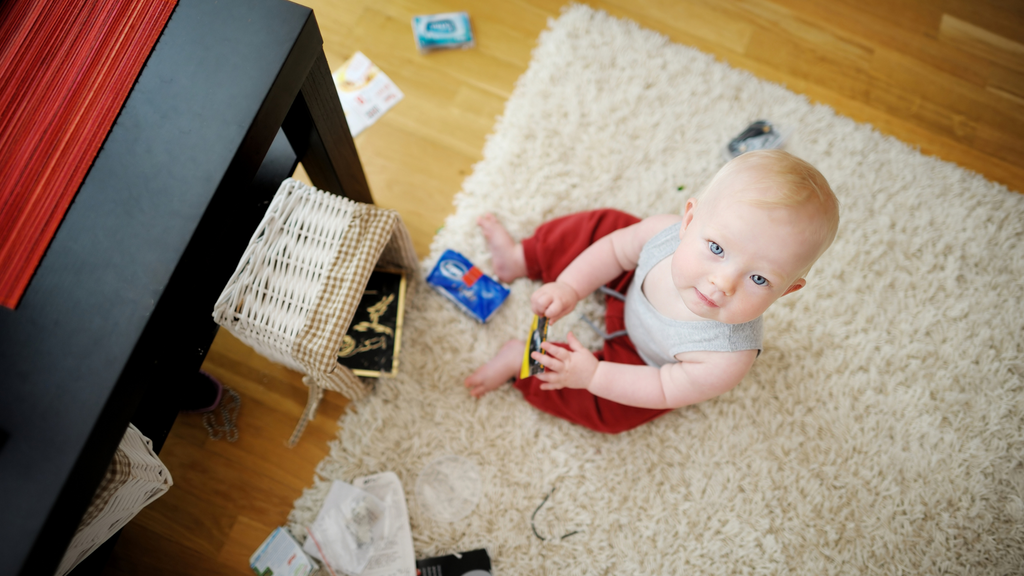When do babies start testing boundaries?

Babies typically begin to test boundaries and assert their independence around the age of 6 to 12 months. This stage of development is often referred to as the "toddler" stage, although the exact timing can vary from child to child. During this period, babies start to explore their environment more actively, crawl or walk around, and become increasingly curious about the world around them.
As they gain mobility and develop a sense of autonomy, babies may engage in behaviors such as grabbing objects, pushing boundaries, and experimenting with cause and effect. They might test limits by throwing objects, touching forbidden items, or refusing to follow instructions. These behaviours are a normal part of their cognitive and emotional development as they learn about their own abilities and assert their individuality.
When your baby is testing boundaries, it's important to respond in a way that balances their need for exploration and independence with the need for safety and guidance. Here are some suggestions on how to react effectively:
- Offer choices within limits: As your baby grows older, you can provide limited choices within acceptable boundaries. For example, instead of saying, "Put on your shoes," you can ask, "Which shoes would you like to wear today, the blue ones or the red ones?"
- Redirect attention: When your baby engages in undesirable behavior, redirect their attention to a more appropriate activity or toy. Offer an alternative that is engaging and aligned with their developmental needs.
- Stay calm: It's normal for babies to test boundaries, and reacting with frustration or anger may escalate the situation. Take a deep breath and remain composed.
- Ensure safety: Assess the situation to ensure your baby is not in immediate danger. If necessary, intervene to protect them from harm.
- Set clear limits: Establish clear boundaries by calmly and firmly communicating what is acceptable and what is not. Use simple language and a calm tone of voice to convey your message.
- Be consistent: Consistency is key when setting boundaries. Reinforce the same rules and expectations consistently so that your baby learns what is expected of them over time.
- Provide positive reinforcement: Acknowledge and praise your baby when they follow the rules or behave appropriately. Positive reinforcement encourages them to repeat desirable behaviours.
- Be patient: Remember that testing boundaries is a normal part of your baby's development. It takes time for them to understand and internalize the rules. Stay patient and supportive throughout the process.
- Seek distraction or change of environment: If your baby continues to test boundaries persistently, consider changing the environment or engaging them in a new activity to redirect their behaviour and divert their attention.
- Seek support and advice: If you find it challenging to manage your baby's behavior or have concerns about their development, don't hesitate to seek guidance from healthcare professionals or parenting support groups.
Remember, each baby is unique, and it may take time for them to grasp and respect boundaries. Consistency, patience, and understanding are key as you navigate this important stage of their development.
